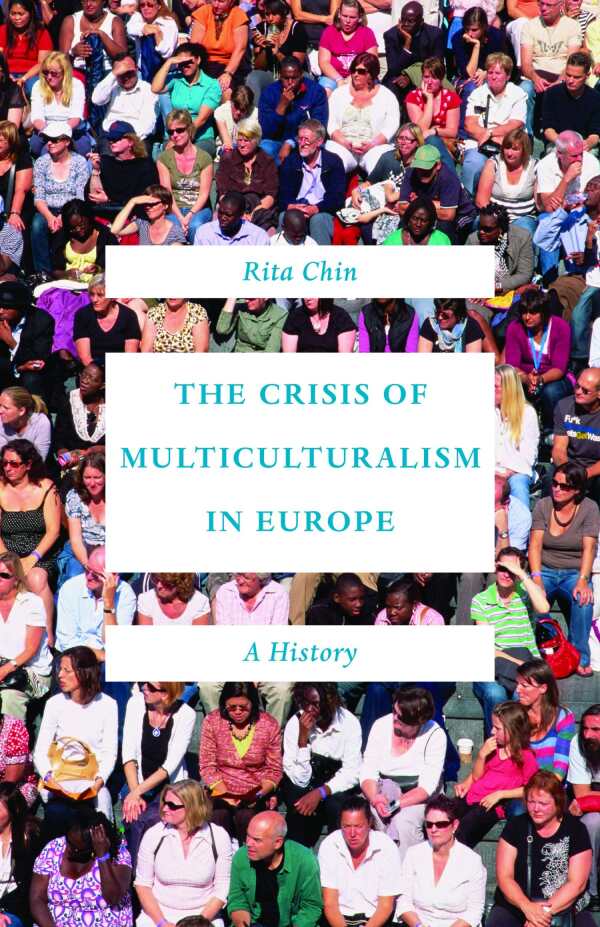The Crisis of Multiculturalism in Europe
A History
Chin takes aim at factions on the left and the right as they confront the topic of European multiculturalism.
With the fall of the Soviet Union, the triumph of capitalism seemed to signal a flowering of democratic possibilities across the globe. Rita Chin points out in The Crisis of Multiculturalism in Europe that another, older issue was about to return instead.
This scholarly text looks at how Europe failed to assimilate its millions of mostly African and Middle Eastern immigrants. In Chin’s rendering, Europe effectively gave up on this process back in the 1980s, and has since been supporting segregation.
The work takes aim at mainstream schools of thought regarding multiculturalism. On the one hand, Chin sees those on the left, who proclaim that the state is not doing enough to assimilate immigrants, as deluded. Such people tend to support secularism and are often hostile to traditions, and so are not the natural allies of Muslim migrants.
Chin’s study also criticizes those on the right who subscribe to the various permutations of Renaud Camus’s “The Great Replacement” theory. Here, the massive influx of non-European immigrants since the 1970s is seen as nothing more than an intentional “genocide,” executed at the behest of financial interests.
Chin does quite a bit of work to uncover the growing interconnectedness between the European right and left on this issue. She notes that both sides agreed with Marine Le Pen’s assertion that “immigrants pose[d] a threat to the national community.” In Germany, she shows, Angela Merkel is facing an insurgency within her own party, which seeks ways to rebuild German pride.
As well researched as Chin’s book is, it never takes on the truly philosophical question at the heart of this issue: is multiculturalism even a worthwhile project? As much as European governments may have failed to create a multicultural continent, immigrants themselves often reject European norms and customs.
The Crisis of Mulitculturalism in Europe is worthwhile for those interested in a new approach to the issue, if it does not seem to recognize that Europe may already be past its tipping point.
Reviewed by
Benjamin Welton
Disclosure: This article is not an endorsement, but a review. The publisher of this book provided free copies of the book to have their book reviewed by a professional reviewer. No fee was paid by the publisher for this review. Foreword Reviews only recommends books that we love. Foreword Magazine, Inc. is disclosing this in accordance with the Federal Trade Commission’s 16 CFR, Part 255.

